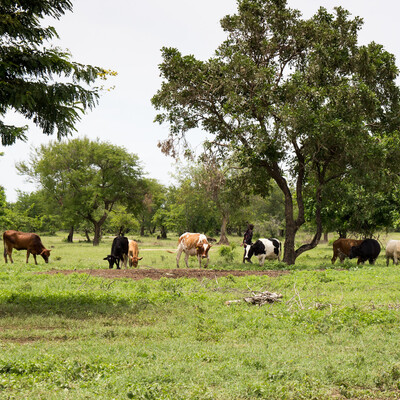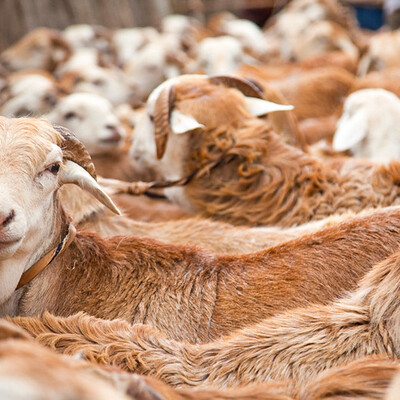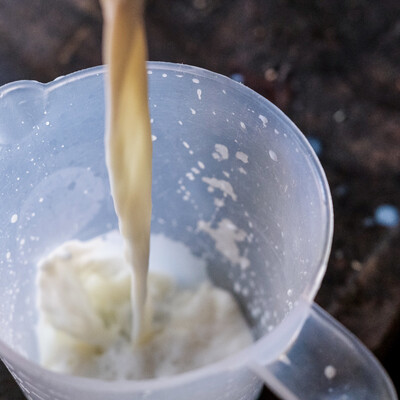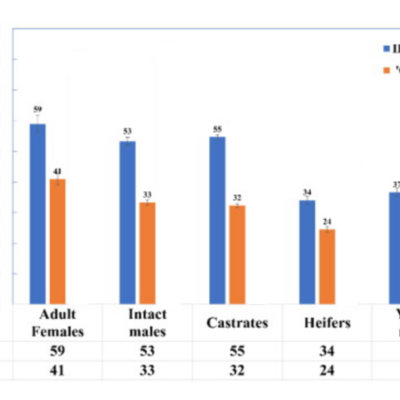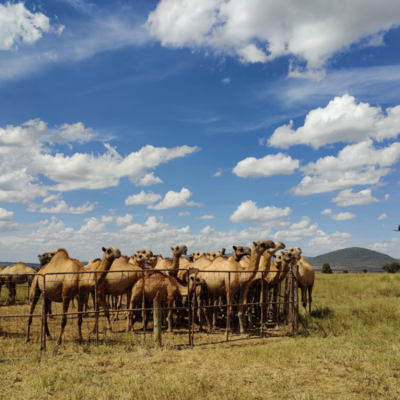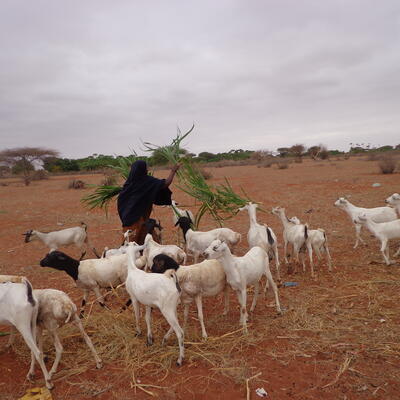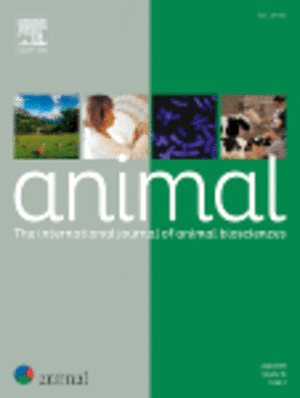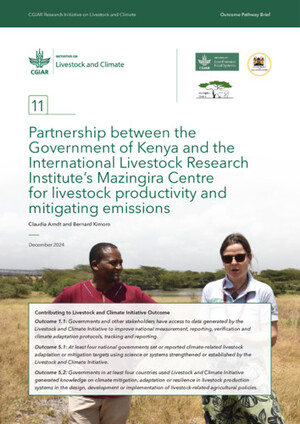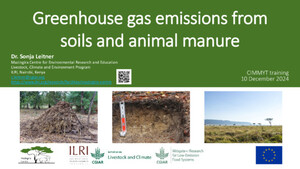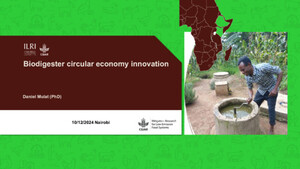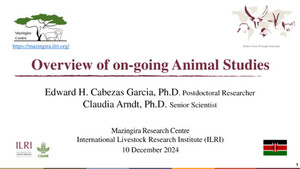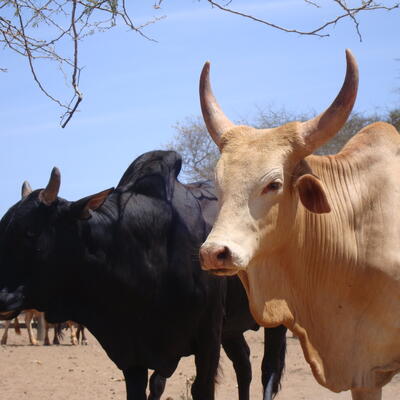
Tackling livestock emissions in Africa: building essential research capacity through collaboration and innovation
Idibu Joachine, a PhD candidate at Makerere University in Uganda, walked onto the International Livestock Research Institute (ILRI)'s campus for the first time in February 2024.
‘As I toured the Mazingira laboratories, I was impressed by the well-organized environment and the supportive staff. The excellent lab facilities made me excited to join the research team. I look forward to learning how to use the equipment to measure and help reduce livestock emissions,’ said Joachine.
Uganda has pledged to mitigate its national emissions by 24% by 2030. The Intergovernmental Panel on Climate Change (IPCC) methodology is the internationally acknowledged standard for estimating livestock emissions for national greenhouse gas (GHG) inventories. However, this methodology is based on data from the global north, which may not be ideally suited for livestock in Africa (Why livestock emission estimates might vary: The Tier 2 model effect). Joachine's research strives to address this through measuring enteric methane emissions and testing mitigation strategies. This will help to generate data from local cattle to make more informed decisions.
That’s where the support from the New Zealand government comes in. They provided funding to establish ILRI’s Mazingira Centre as the East African Measurement Hub with the aim to improve local capacity for livestock emission measurements and mitigation. This funding supports two PhD students through the African Regional Universities Forum for Capacity Building in Agriculture (RUFORUM):
- Idibu Joachine from Makerere University in Uganda, supervised by Constantine Bakyusa Katongole
- Gaius Vihowanou from the University of Abomey-Calavi, Benin, supervised by Luc Hippolyte Dossa.
Both students will be contributing to generate data on enteric livestock emissions from ruminant livestock and study possible mitigation strategies.
‘The education grant from the New Zealand Government is really helping us push forward with developing emissions data in African countries. It's not just about the research we're doing now; it's also about building long-term capacity so we can expand these efforts across the continent,’ said Vihowanou.
The New Zealand government has been supporting RUFORUM, a network of African universities involved in agriculture in graduate research grants through the Global Research Alliance on Agricultural Greenhouse Gases (GRA). These grants support Masters level projects by funding the education of two students each year. Sonja Leitner, a senior scientist at ILRI’s Mazingira Centre, is a co-PI on several RUFORUM projects with the lead-PI being from a local university. With the success of these projects, they wanted to take it a step further by involving a PhD program.
‘There is insufficient human and infrastructure capacity in Africa for measuring emissions and developing mitigation strategies, as it has not been a priority area in the past. ILRI’s researchers not only help to train students from local universities using our state-of-the-art facilities but also help them to build an international network beyond Africa to support their research, secure funding, and provide backstopping,’ said Claudia Arndt, senior scientist and team leader of ILRI’s Mazingira Centre.
Hence they developed a three-pronged approach between ILRI, a local university, and an international university, leveraging the capacities of the global research facilities and network, and supervisors in pursuit of excellence and internationalization. In addition to their university supervisors, Joachine and Vihowanou are also supervised by a team of scientists from across the world: Arndt, an expert on enteric methane emissions in dairy cattle from ILRI, Vibeke Lind, an expert on enteric methane emissions in sheep from the Norwegian Institute of Bioeconomy Research (NIBIO), and Mutian Niu, an expert on animal nutrition and emission modeling, from the Federal Institute of Technology Zurich (ETH Zurich).
In addition to training scientists, GRA is also partnering with Makerere University in Uganda to support their GHG emission research facilities with more lab equipment. This is where Joachine will return after finishing his degree at ILRI to implement his new research skills and findings.
In April 2024, ILRI was visited by Ackim Mwape, a policy and science relationship advisor at New Zealand Greenhouse Gas Research Center (NZAGRC), who is responsible for facilitating stakeholder linkages and collaboration among African institutions with related policy research and professional development activities. As the program leader who designed and helped implement the scholarship program, Ackim came to ILRI to meet with Arndt and the students to get an overview of progress, how they can best support the students, and to identify what improvements the program and partnership can make along the way.
‘My takeaway is that if resources were permitted, I felt we could have more than two candidates because the students are benefitting from the state-of-the-art research facilities at ILRI’s Mazingira Centre and maintaining strong linkages at their universities as well as establishing new ones,’ said Mwape.
If these first two students continue to show success, it will hopefully roll over to more partnerships between New Zealand and RUFORUM, a local university, ILRI, and an international university outside of Africa, further building the capacity of local scientists to conduct necessary research measuring GHG emissions.
‘We need to develop a pipeline of career scientists in the livestock emissions sector who will contribute to transforming Africa’s food systems to a low emission food system,’ said Mwape.
Acknowledgements: We thank the Government of New Zealand through the Ministry for Primary Industries (MPI) for providing funding for the GRA-RUFORUM-ILRI scholarship program and funding to ILRI’s Mazingira Centre to establish it as East Africa Measurement Hub.







